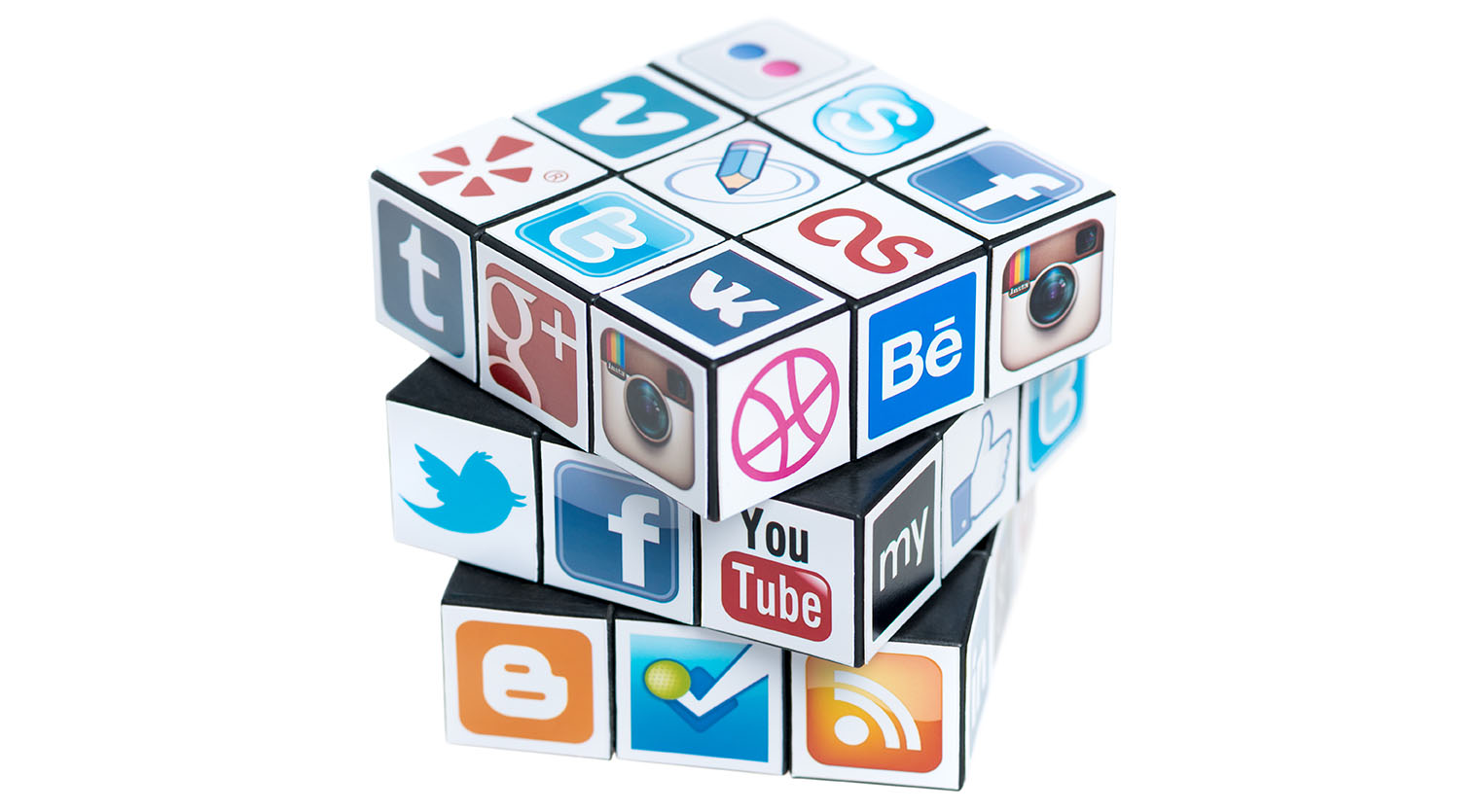Engineers are notorious introverts. An untrue generalization is that introverts hate being social. Like all humans, introverts are social creatures. We just prefer only to discuss the topics which are of interest to us. We will listen to anything. This social media guide for engineers explains why and how you can participate in social media, without being social.
Let’s address something head-on. Gone are the days of just “here’s what I ate” or “I’m in the bathroom” social posts. Social media channels are mature platforms for communication. Sure, junk still exists. However. You can filter out the signal from the noise when you following my social media guide for engineers.
Listening is key to the social media guide for engineers
I feel a tinge of frustration when I hear someone say “I don’t use social media, I have nothing to say.” That’s using social media wrong!The rest of the post will be examples on whom to follow (with why.) The key to using social media is you do not ever have to say anything. Just, listen!
[shareable]The key to a social media guide for engineers, is listening.[/shareable]Also, don’t try to consume it all
The other point on using social media, especially when you are a listener, is you do not need to be a completionist. Social media is a constant stream of information. If you try to stay on top of every piece of information, you will be overwhelmed immediately.
Instead, let stuff go. On Twitter, I follow about 400 accounts. My feed updates with about 100 tweets per minute! I only read about 20 a day. How?
I just scroll to the top and read whatever is the newest. However, aren’t I missing tons of content? Yup. I am. It is that simple.
I picked Twitter for the overload example because it is the social media channel I recommend most for engineers. The same happens with the engineering podcasts I follow. I just keep the last 5 because I’ll never be able to catch up.
Twitter has become a replacement for the RSS feed, to me. While I will occasionally interact with someone on Twitter, I primarily use it for news and links. Create an account, follow some people (like me), bookmark your feed, and check it at least once a day. Start there. If you want more often updates, then consider some of the Twitter apps.
Others
There are too many social media channels to list. So instead of trying to suggest whom to follow on each, let me provide the types of accounts I follow. When possible, I will point out which platform the accounts are on. If you are just getting started, I still recommend sticking to the Twitters.
Brands
Marketing people spend a lot of time and money to promote their “brands” on social media. The ones that do it wrong, just repackage their commercials. The ones that do it right are worth following.
Following the good brands means finding companies whose content goes beyond the boring “here’s our latest press release.” In addition to the typical corporate marketing messages, they should highlight excellent content. For example, application notes, blog posts, or sharing links to published articles.
The companies I follow include: LittelFuse, Texas Instruments, Atmel, and (shameless self-plug) KEMET.
Relevant content and limited fluff is the reason I picked these 4 electronics brands. Though, all brands include the fluff. Consider it the cost to get the free awesome information. Avoiding the fluff is why I like to follow individuals.
Influencers
Some would argue that giving everyone in the world a microphone is a bad thing. However, a point that people often miss is that everyone in the world also has headphones.
Social media allows you to follow people with similar goals, opinions, and interests as yourself. When I watch a video with great content, read a clearly written tutorial, or meet someone interesting in person, I check for a Twitter feed. I may never interact with the person on social media, but I will likely like listening to something else they say.
Examples of influencers I follow are Andrew Retallack (guest blog here), John Teel (guest blog here), Dave Vandenbout, Chris Gammell, and Michael Hyatt.
Expand beyond your circle
You may recognize the others, but I will bet most engineers could not recognize Michael Hyatt. First, he is not an engineer. Second, he has nothing to do with the hotel chain. I include him on this list to make a point. Even though I have a keen interest in other engineers and engineering disciplines, I follow Michael Hyatt because he is a virtual mentor. In addition to engineering topics, I follow a handful of other influencers to my personal and professional life.
[shareable]Social media allows me to gain insights from people outside of the engineering community.[/shareable]Blogs and Forums
Communities use a wide variety social media tools to foster digital communication. Many of these take the form of blogs. (You are familiar with blogs, right?) Whether it is in the comments or a dedicated forum, these communities are actually social.
For example blogs like Workshopshed, Dangerous Prototypes, and Hackaday invite interesting comments. Creating a type of forum. Dedicated forums like the KiCad Forums provide a rich community experience around a specific topic. An interesting point is that all of these examples update to their Twitter feeds.
Creativity
When you think of the word creative, do images of abstract art, and colorful typography come to mind? Well, what about engineering?
Engineering is one of the world’s most creative activities!
Seeing pictures of other people’s projects can be incredibly inspiring. At first, I think most engineers have turned off the idea of social media platforms like Pinterest and to some extent, Instagram or Snapchat. After all, what do pictures have to do with engineering? (Um, schematics, anyone?) Take the pinout diagrams made by www.pighixxx.com.

Not only are these works of art, but they are also extremely useful! I first stumbled across one of these from someone on Pinterest.
Examples of people or channels to follow here are Great Scott (YouTube), Jonathan Beri (Twitter), LittleBits (Instagram), Arduino.cc (Instagram), Stuff Enginerds Like (Pinterest), and (of course) AddOhms Tutorials (YouTube).
Other additions to the Social Media Guide for Engineers?
The key point I want to make as an engineer is that you can significantly benefit from Social Media—just by listening. Learn new skills, find out a unique Application Note, or just meet new friends are a few of those benefits.






3 Comments
I use Twitter, LinkedIn and yes even Facebook. Using a “secondary account” in some places helps with privacy and tracking. The advantage is usually if I have a question then someone else may have a similar one so the group benefits.
People hate being tracked and marketed to, social media is notorious for that. Email is typically a one on one exchange and is why its probably favored by engineers.
engineers and tech are smart enough to recognize the dangers in “social media” and choose not to use it